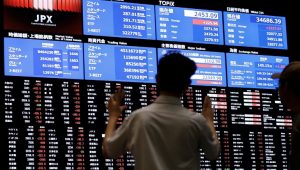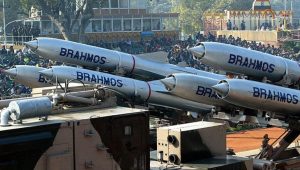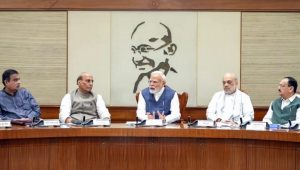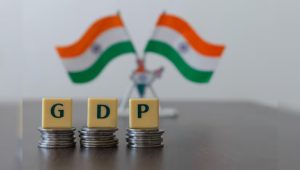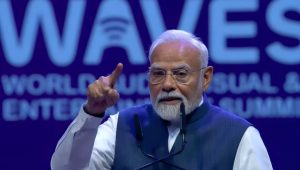On Friday, India’s Union Minister, Hardeep Singh Puri, engaged in discussions regarding oil market volatility with the Secretary General of the Organisation of the Petroleum Exporting Countries (OPEC). Middle East tensions were the backdrop for the discussion. India depends substantially on oil imports; in the fiscal year 2022–2023, over 85% of India’s oil supply comes from OPEC countries, totaling almost $120 billion in petroleum products.
During a 30-minute phone call with Haitham Al-Ghais, Puri emphasised the need to find a balance between affordability, pragmatism, and market stability. Concerns for additional escalation have been heightened by the spike in crude prices, which broke through the $90 per barrel threshold as a result of growing tensions in Iran.
According to Moody’s Analytics, prices might rise to $100 per barrel if hostilities intensify and reach $95 per barrel. The third-largest oil importer in the world, India, is greatly impacted by these variations. Although prices have since eased, India’s susceptibility to the dynamics of the world oil market is still evident, particularly considering the country’s high reliance on imports for over 85% of its energy needs.
This emphasises how crucial proactive involvement and strategic thinking are to maintaining India’s energy security in a geopolitical environment that is becoming more unstable.







